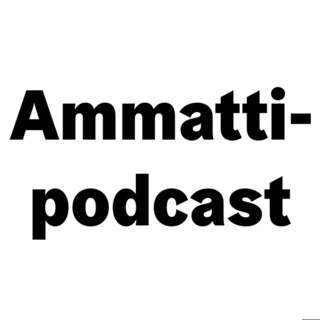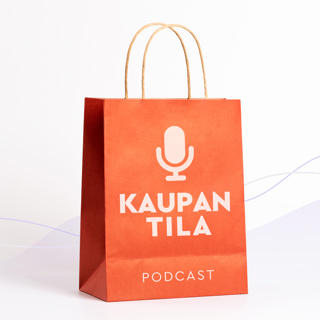
133: Failing to Provide Sufficient Case Detail
Candidates are typically surprised to hear they have been declined for not providing sufficient details in a case interview. It usually surprises them since they believe they have provided more than enough case information detail. The difference comes down to how consulting firms define "detail". They are looking for facts and the relationships between issues, while candidates tend to speak in broader terms and are not very good at identifying and explaining the linkages between issues.
12 Touko 20134min

132: So-What Rule for FIT And Writing
When thinking through a possible FIT / PEI or cover letter response, most candidates settle on the first idea that comes to mind. Future edits of this idea do not alter the idea, but merely rearrange the wording. That is a bad idea. We use the so-what rule when testing candidates. For their responses we constantly ask "so-what" until the candidate arrives at the core reason for their decision / answer. That core reason is what we want candidates to use.
6 Touko 20135min

131: Interviewers Do Not Hate Frameworks
That is true. It is myth interviewers do not hate frameworks in case interviews. Interviewers dislike the way the framework is introduced and used by the candidate. Most candidates memorize a framework, look at a case, see the loose link between both and gladly offer the framework without a proper explanation or even making adjustment to the framework. The best approach is to brainstorm unique structures for each case. However, where this is tough to do, candidates should take time to carefully adjust and integrate the framework into the case, using good communication skills.
30 Huhti 20134min

130: How To Treat Your Case Partner Well
Your case practice partner is the most important ally you have as you prepare. The problem is that most people completely squander this advantage. They tend to be unclear about their level of preparation and commitment they are willing to make. Many arrive late to practice sessions, prepare poorly and fail to keep track of their partners performance. When a practice partners breaks contact, you are left in the position of having to transfer all that important insight about yourself to a new practice partner and that is just inefficient even if it could be done. This podcast discusses ways to manage the problem.
24 Huhti 20135min

129: Offering Case Solutions Too Early Hurts You
Candidates sometimes prefer to be cautious and offer a solution earlier rather than waiting to fully flesh out the drivers and key issues in a case. The problem with this approach is that if you offer a solution before identifying the problem, it raises concerns to the interviewer about your thinking processes - how can you offer a solution before identifying the problem? This podcast describes this issue in much more detail.
18 Huhti 20135min

128: Productivity is core operations
In brainstorming the interviewer is looking for your approach to define an objective function, understand the direct drivers of the function, prioritize the drivers and explain how to manipulate them. There is only one definition for productivity and that is formally used in all studies. Productivity is the total value of outputs over the total cost to deliver those outputs. Other definitions are derivations which assess narrow areas only. A candidate will struggle to understand operations cases unless they understand the concept of productivity.
12 Huhti 20134min

127: Merging BCG and McKinsey Approaches
Merging the BCG and McKinsey approach, elegantly. This is a simple discussion on how to merge both approaches so you do not need to worry about learning different techniques. One caveat, as explained in latter podcasts is to assume there is just a simple BCG and simple McKinsey style. It is dangerous to make this assumption. About 50% to 60% of McKinsey cases cannot be solved with any framework at all. Most McKinsey cases require an hypotheses upfront, but not all, and they almost all interviewer led. It is crucial to understand the different ways a case can be done and listen carefully to the interviewer to figure out which is best for you.
6 Huhti 20135min

126: Career Rotation vs. Progression
Candidates always want to show improvement on their resumes in the months leading up to their applications. For those working in industry or rival consulting firms, showing leadership and career development is crucial. This podcast explains that career rotation, a lateral move at the same pay grade, is rarely a good idea unless it takes you to a part of the business where you can show leadership in solving a major problem. Career progression, a promotion to a new pay grade, always looks good on a resume because it demonstrates you are mastering your functional domain. It is better to stay in a role and achieve results than rotating for a better title.
31 Maalis 20134min





















